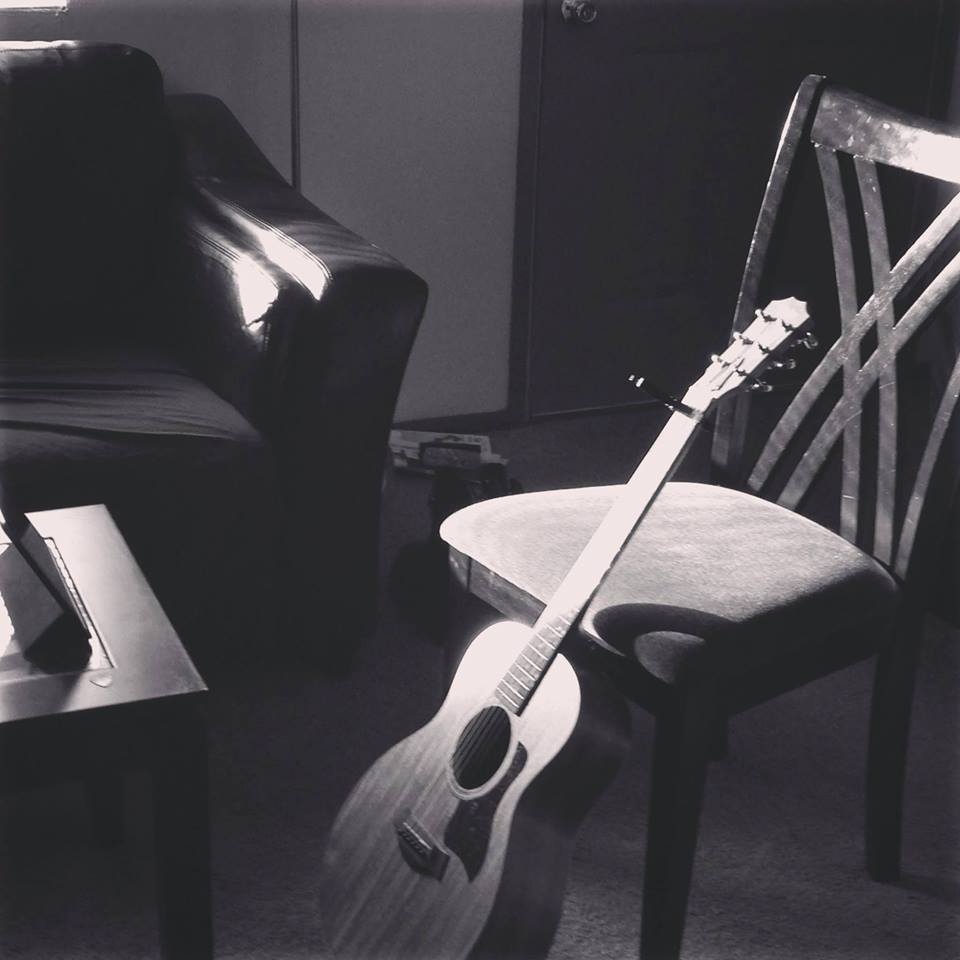“Because how you get there is the worthier part.”
Probably one of the best shows that was ever put on television is Joss Whedon's (yes, same guy who wrote and directed The Avengers) short-lived sci-fi show Firefly. Set in the future following a war between a large superpower and group of rebels, the show follows Captain Malcolm Reynolds as he and his crew do their best to stay alive, stay together, and keep their ship in the air. In the first episode, the ship has landed on a planet to pick up supplies and passengers. A character, Kaylee, asks a potential passenger named Book why he doesn't seem to care where he is going. Book replies simply, "Because how you get there is the worthier part."
It becomes - not accidentally, I assume - the thesis for the show itself. It is never established where exactly the crew and the ship are heading; there is no final destination. In fact, Capt. Reynolds says more than a few times that the goal is to, "just keep flying." Think about that: to just keep going, without knowing where you're headed.
The other night I was talking to a good friend of mine on the phone and he started telling me a joke. You might not have heard this joke specifically, but you've heard one like it. It's long and rambling, with a punch line that is cheesy and - for the most part - wholly unsatisfying. Which is the whole point of the joke. My friend then explained to me that everything that precedes the punchline (save for the names, which have to stay the same for the end to work), the narrative of the joke is entirely populated by the joke teller. The long and more bogged down in unnecessary detail you can make it, the better. A person listens to and, in some cases, gets invested in a super long, detailed joke that goes absolutely no where with a punchline that isn't really funny. It's not the punchline itself that is funny, it's how the joke is told.
Until I sat down to write this essay, I did not understand those people who read the last page of a book first. (For younger readers, a book is a collection of paper with words on it. It's like a Kindle... Never mind.) But once I started thinking about this piece, I remembered a conversation I had with a friend who is a self-professed "last pager". I asked her how it didn't ruin the book for her, knowing how it ends. She told me that it improved her experience, because she liked seeing the path the story took towards the (known) conclusion.
I tell you all that to tell you this.
Think about your story. Specifically, think about how your story will end.
Here is a question: does it matter if we know the ending or not?
To answer, I'll tell you I've seen every episode of How I Met Your Mother several times. And I hate how the show ended. [SPOLER ALERT] Ted meets the wife, she gets sick and passes away, and he goes back to Robin. I hate it. A lot of people did. But I still love watching the show. I like seeing Ted and the other characters grow, the things they learn (or don't learn), and just exactly how each one of the "gang" becomes the person who they are at the series' conclusion.
What if knowing the ending isn't as important as we thought?
If that were true, it would mean all we have is the story and how it is told. I have spent a significant portion of my life not-knowing. In fact, I've spent way more time not knowing than I have knowing. Imagine if every time you sat down with a friend over coffee, you knew exactly what both of you would say and how you would say it. Imagine that whenever you started to tell a story, someone interrupted you and unceremoniously yelled the ending.
Now think about the last time you hung out with your oldest or closest friends or family. How many stories did you tell that everyone had heard a million times before? A lot, I bet. And I bet everyone sat and listened, even though they knew how it would end.
“For those who are told to speak only when they are spoken to
And then are never spoken to
Speak every time you stand
So you do not forget yourselves”
I have always loved this quote from Anis Mojgani. This might come as a surprise to some readers, especially the ones who know me personally, because I am a writer, speaker, musician, and performer. I will eagerly tell my story to anyone who wants to hear it, and probably to some people who don't. But I was not always this way. And I had people telling me exactly what I am telling you now. But it didn't matter until I really started to believe it.
Now you can't get me to shut up.
Stop worry about the ending. Don't wait until you know how it all turns out. Tell your story. Tell it now, loudly, and often. Do not let anyone tell you that your story is not good enough.
Because there is truth in the telling and your story is important.
